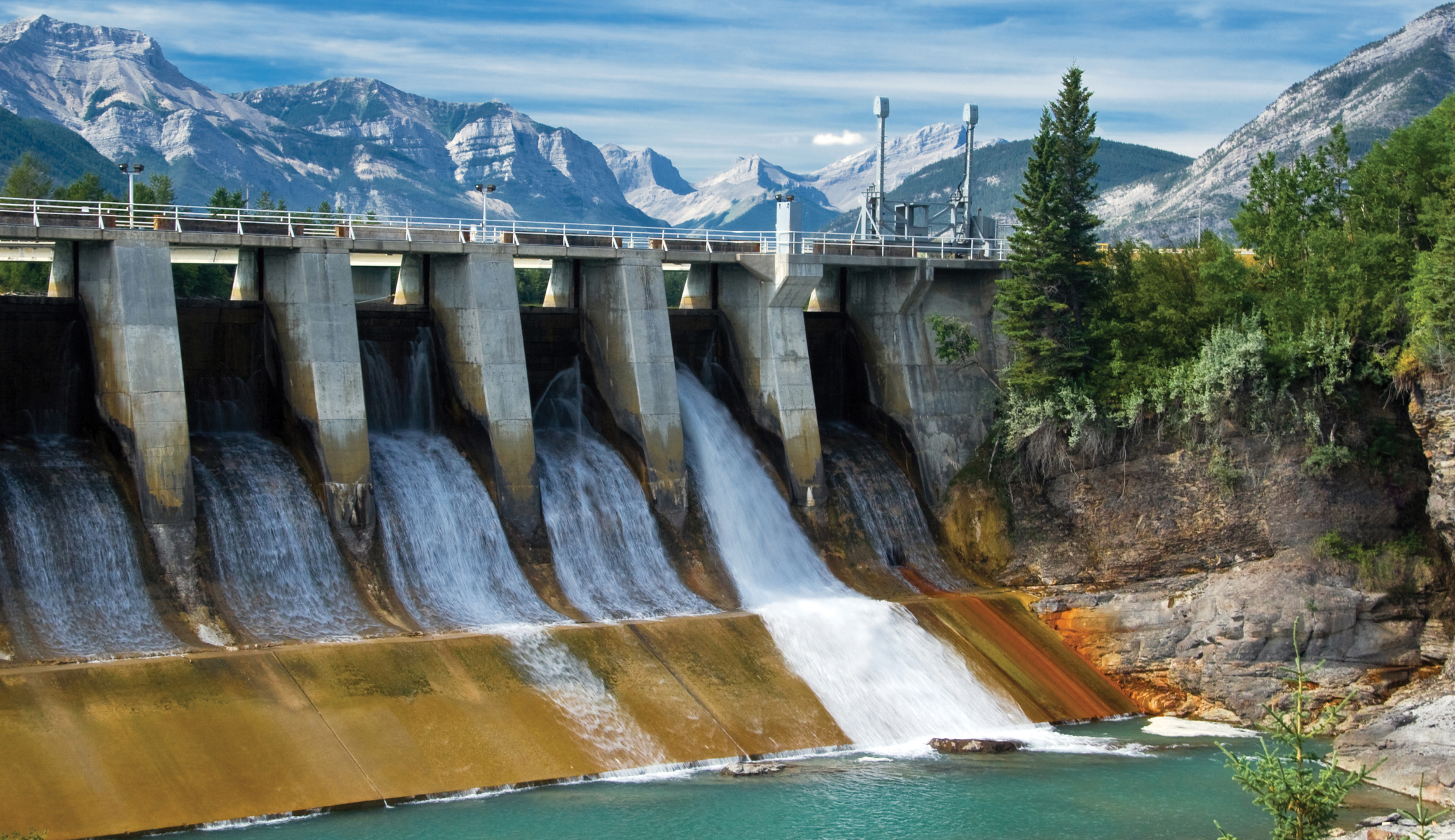Democratic officials, green energy trade groups, and environmentalists are wielding the spike in high energy prices to make a case for a swift economywide transition away from fossil fuels.
Supporters of President Joe Biden’s “Build Back Better” agenda have pitched the Democrats’ $2.4 trillion spending bill as the ultimate path out of the current cost environment. It’s a message that contrasts starkly with the approach of their Republican and oil industry counterparts who blame President Joe Biden’s policies for recent price volatility.
According to data from the Energy Information Administration, the average price of natural gas on the benchmark Henry Hub was nearly twice as high in November as it was the same time last year, and October saw its highest average monthly price since February 2014. The hikes have led utilities and the EIA to warn customers that higher monthly bills are in order throughout winter.
Additionally, crude oil prices have rebounded from a historic low reached early on during the COVID-19 pandemic. At one point in October, they traded over $85 per barrel, forcing drivers to pay more on average for a gallon of gasoline than they had in seven years. Oil prices fell below $70 per barrel in late November due to fears about the omicron coronavirus variant but have since inched back upward, keeping gas prices well above $3 per gallon.
Such volatility across these key fuel commodities demonstrates precisely the need to reduce collective reliance on them for the nation’s energy needs, Holly Burke, communications director for liberal environmental group Evergreen Action, told the Washington Examiner.
“We need to deliver clean, affordable, reliable energy for every American,” Burke said. “This environment that we’re in right now just underscores how important it is to do that. It would be important to do that whether or not Americans were facing spiking fossil fuel energy costs, but they are facing spiking energy costs.”
It’s been a common refrain among officials and environmental groups supporting the Build Back Better Act’s energy policies. Proponents such as Evergreen have made special note that electricity generated from wind and solar has become significantly cheaper in recent years, arguing that expanding their presence on the grid, which the Democrats’ bill would support as part of a $320 billion funding block for clean energy tax credits and energy efficiency initiatives, would further shave down power costs.
“We’re not subject to the volatility and price spikes you see with global fossil markets,” Gregory Wetstone, president and CEO of the American Council on Renewable Energy, said in an interview. “We don’t have spills. We don’t have coal piles that freeze. We don’t have pipelines that leak.”
Wetstone raised data showing that the average costs of wind and solar power have gone down 70% and 90%, respectively, over the last decade.
“We don’t see costs decreasing in other energy sources, and when they do, it’s only temporary,” he said.
Burke’s and Wetstone’s framing of the energy outlook represents the complete opposite of how Biden’s critics in the Republican Party and fossil fuel industry articulate the problem, with the latter blaming his policies restricting new oil and gas production for worsening shortages and driving U.S. reliance on foreign-sourced fuels.
“If you want to … think about what’s going on with prices in supply, rely on us, the domestic industry,” Dave Callahan, president of the Appalachia-based oil and gas industry group Marcellus Shale Coalition, said in an interview.
“Don’t rely on OPEC. Don’t rely on Russia. Rely on us to get us through this,” he said, adding that Biden’s cancellations of the Keystone XL pipeline and oil and gas leasing moratorium have constrained domestic output to the detriment of U.S. consumers.
Meanwhile, officials in the Biden administration have held steady on their energy transition message, with Amos Hochstein, senior adviser for energy security at the State Department, shrugging off frequent criticisms such as Callahan’s.
“The idea that the climate action and energy transition caused a fossil fuel crisis to me has no — that’s a political talking point,” Hochstein said during a forum on energy prices in late October.
Hochstein said further that high prices demonstrate “the need for hastening and making the transition more effective and more efficient and faster.”
“The energy security of the future is going to be not who controls oil and gas but who controls the inputs into a solar panel cell or into an electric vehicle battery,” he added.






